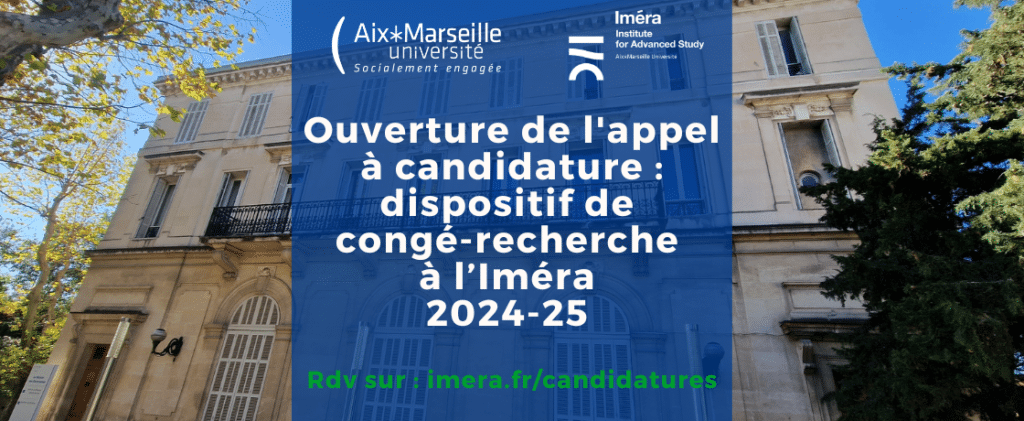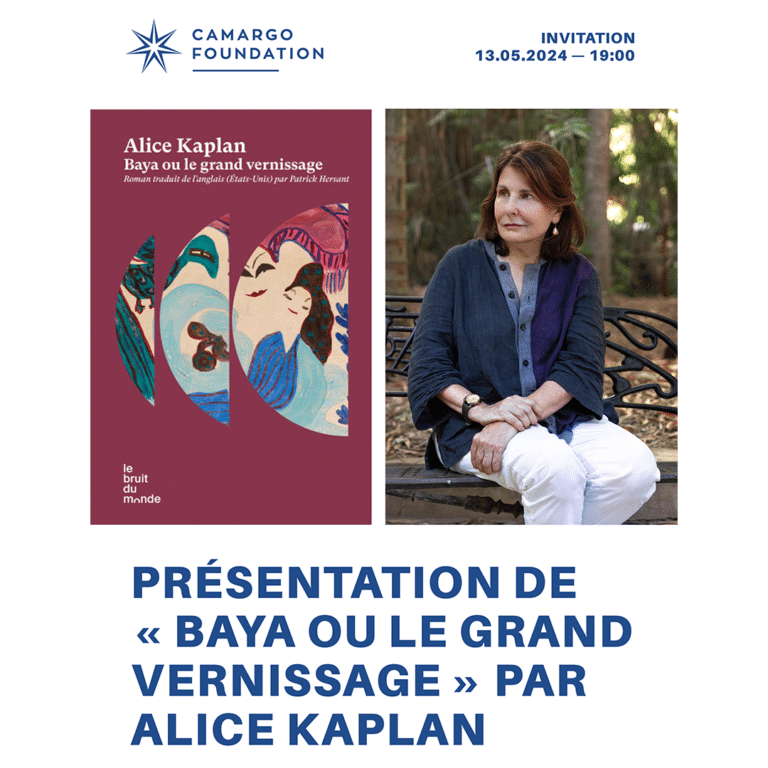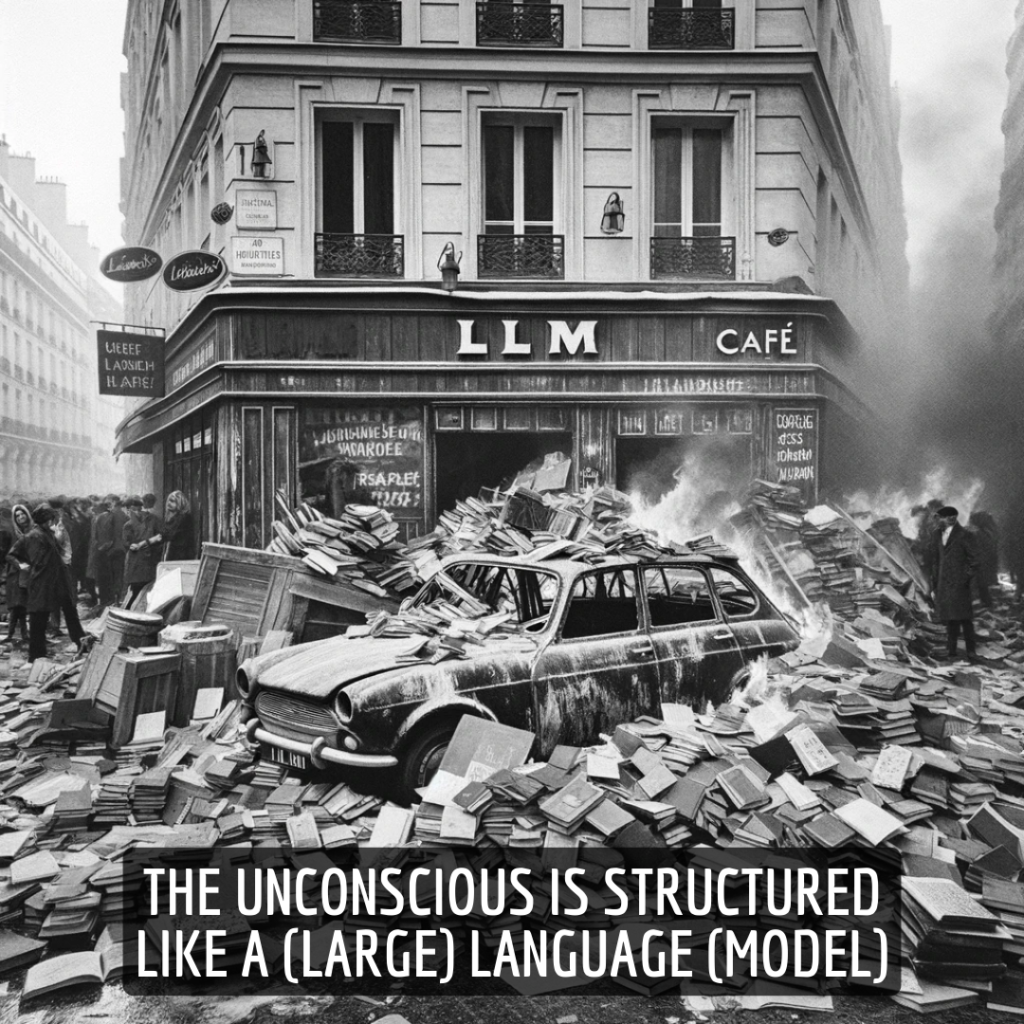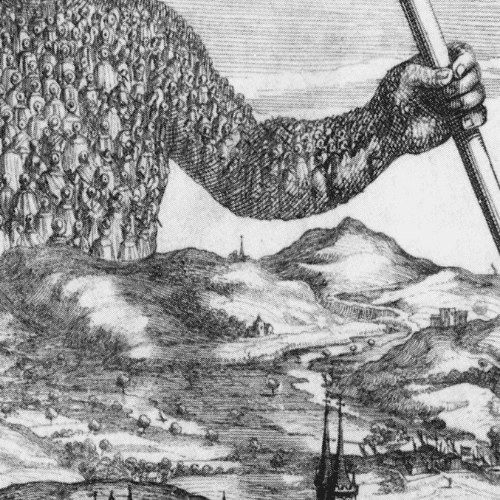Apply for the Aix-Marseille University Professors Fellowship at Iméra as part of the annual local CRCT (Research or Thematic Conversion Leave) application campaign for 2024-2025.
Welcome in an international and interdisciplinary context: a residence specially designed for researchers and lecturers at Aix-Marseille University.

Iméra, the Institute for Advanced Studies (IEA) at Aix-Marseille University, is a sanctuary of intellectual freedom where a temporary community of high-level international scientists and artists can find the time, space, and resources needed to discover new meaning and content for their research. Since the 2021-22 academic year, such a framework has been open to researchers and lecturers at Aix-Marseille University for a period of six months to reconsider their relationship with their discipline and other fields of knowledge, and potentially embark on a thematic conversion in contact with residents from diverse geographical and disciplinary backgrounds.
As part of the annual local CRCT campaign, this research leave entails a complete course load relief for its entire duration (either in the first or second semester). Four research leave residents will be hosted during the 2024-25 academic year. They will have access to an office space in one of Iméra’s co-working spaces shared with other residents. Additionally, they will have a budget of 2500 euros to carry out their projects (missions, event organization, etc.).
Research projects must align with one of Iméra’s four scientific programs: “Arts & Sciences: Undisciplined Knowledge,” “Interdisciplinary Explorations,” “Mediterranean,” and “Necessary Utopias,” in which they will actively participate. For example, they can take part in workshops and seminars and even propose the organization of original events and exchange formats.
In parallel, participation in the Community Building Seminar allows for weekly discussions with all residents and members of the Iméra scientific team to confront questions and methods, and experiment with research and/or creative formats developed collaboratively. The seminar is conducted in both French and English. In a spirit of conviviality, the seminar is always followed by lunch with all the residents and the institute’s team.
The “Arts & Sciences: Indisciplined Knowledge” Program
This program is cross-cutting in the sense that each research project it hosts is also linked to one of Iméra’s three other interdisciplinary programs: “Mediterranean,” “Necessary Utopias,” and “Interdisciplinary Explorations.” Therefore, it is important to select one of these programs in the application form and propose a relevant project at the intersection of the “Arts & Sciences: Indisciplined Knowledge” program and the selected thematic program (see descriptions below). This program represents a space for collective reflection on research in art and on art itself, acknowledging art’s specificities, including the freedom not to be a discipline in itself, by combining knowledge from different natures and epochs. This program is collectively animated by the diverse profile members of Iméra’s scientific team. The term “art” here encompasses all existing modes of artistic expression. Thematically, being associated with another program and one of its scientific axes allows research and inquiries generated by art (research on art) or constitutive of art (research in art) to be nourished and interrogated through regular dialogue with other residents and associated researchers working on a common thematic field, and vice versa.
Regarding researchers working on and with art, they can come from various humanities and social sciences disciplines, including art theory, art history, sociology, anthropology, philosophy, geography, etc. Additionally, it is also open to exact and life sciences as long as the research project is closely linked to art and/or artists. In all cases, the research here should be able to problematize the impact of art on society or its engagements with society and/or its crossroads situation between various forms of knowledge, in connection with one or more of the thematic program’s challenges (see suggestions below and their general descriptions). Concerning artists, Iméra can accommodate multiple phases of their project, as long as they require sustained dialogue with researchers from academic disciplines during the conceptualization of a work, thought, or writing (whether theoretical, poetic, or of another nature), either early in the process or later in a work development phase, but before production.
For more information about this program, please contact Constance Moréteau, scientific coordinator and head of the arts and sciences axis: constance.moreteau@univ-amu.fr
The “Interdisciplinary Explorations” Program
This program focuses on all issues related to the theory and practice of interdisciplinarity in research and university teaching. Projects of Iméra residents collaborating on this program can encompass all disciplines and must have an interdisciplinary dimension.
Intersectoral interdisciplinarities will be favored, meaning interactions between disciplines belonging to at least two research domains among the following:
- Exact sciences (mathematics, logic, and computer science)
- Natural sciences (physics, biology, chemistry…)
- Humanities and social sciences (psychology, sociology, anthropology, history…)
- Health sciences (medicine, neuroscience, psychiatry…)
- Humanities (literature, arts, philosophy…)
For more information about this program, please contact Gabriella Crocco, director of the Interdisciplinary Explorations program: gabriella.crocco@univ-amu.fr
The “Mediterranean” Program
This program focuses on all issues related to the deployment of the concept of the Mediterranean from antiquity to the present day in research and university teaching. Projects of Iméra residents collaborating on this program can encompass all disciplines.
Projects that can be integrated into the following research axes will be favored:
- Narratives of migrations and mobility through and around the Mediterranean, from antiquity to the present day.
- The complexity of colonial legacies and post-independence origins of contemporary identity reconfigurations around a shared sea.
- The question of religious phenomena in the Mediterranean, particularly Mediterranean Islam.
- The Mediterranean in the era of the Anthropocene and issues related to climate change, water management, and the heritage of Mediterranean spaces.
- Archives of the ways of life of Mediterranean societies and cities, including digital forms and forms processed by artificial intelligence.
- The invention of the Mediterranean: problematizing the field of Mediterranean studies.
For more information about this program, please contact Marie-Pierre Ulloa, director of the Mediterranean program: marie-pierre.ulloa@univ-amu.fr
The “Necessary Utopias” Program
This program is open to scientists from all disciplines, artists, social actors, thinkers, and creators in the broadest sense. Applicants should be driven by a passion for intellectual risk-taking in their field of research and/or action. Their project should propose new ideas and practical perspectives to address the decisive local or global challenges that the contemporary world considers impossible to overcome without thinking and acting differently. Fields of invention and application of these necessary utopias include, among others, the ecological crisis, health, migrations, work, economic and social inequalities, living, education, and the crisis of political participation.
For more information about this program, please contact Enrico Donaggio, scientific director of Iméra and the Necessary Utopias program: enrico.donaggio@univ-amu.fr
Eligible projects are evaluated by two academic experts, external to Aix-Marseille University, selected for their level of scientific qualification and their relevance to the project, according to the evaluation criteria below:
| Relevance of the project’s integration into Iméra, rated on a scale of 5 (coefficient 1): o Alignment with one of the institute’s scientific programs and consideration of one or more of its axes. o Degree of openness to the collegial dimension of the institute (potential dialogue with its scientific team and other residents). Quality and ambition of the project, rated on a scale of 5 (coefficient 1): o Relevance of the scientific approach and rigor. o Originality of the method and/or subject. o Willingness to take risks and engage in experimentation. Interdisciplinary approach, rated on a scale of 5 (coefficient 1): o Demonstrated practice of interdisciplinarity by the candidate. o Feasibility of interdisciplinary collaboration within the project. Candidate’s background, rated on a scale of 5 (coefficient 1): o Candidate’s scientific expertise in the presented subject. o International experience. |
| Total : on 20 |
- This call is open exclusively to lecturer-researchers (assistant professors) and professors (full professors) at Aix-Marseille University, regardless of their discipline.
- Among them, only those who have not received a CRCT (Research or Thematic Conversion Leave) in the past three years, in accordance with the rules of the local campaign, are eligible.
- Furthermore, among them, only those who can demonstrate at least a passive knowledge of English, which is one of the two languages used in interactions with other residents, especially during the Community Building Seminar, are eligible.
The delegation lasts for 6 months and takes place:
- Either in the first semester, between early September 2024 and the end of February 2025.
- Or in the second semester, between early February 2025 and the end of July 2025.
As this program is integrated into the local CRCT (Research or Thematic Conversion Leave) campaign launched by the HR department of Aix-Marseille University, you should directly respond to it by submitting the following documents:
- Curriculum vitae.
- An application file to dowload here.
Timeline:
- Launch of the local campaign: December 15, 2023
- Opening of the NAOS application platform: January 12, 2024
- Closing of the call: February 12, 2024
- Announcement of results: early June 2024
Information
- For any general information regarding the research leave program at Iméra and the cross-cutting Arts and Sciences: Undisciplined Knowledge program, please contact Constance Moréteau, scientific coordinator of Iméra and head of the arts and sciences axis: constance.moreteau@univ-amu.fr
- For any information related to one of the thematic scientific programs at Iméra, please contact the program’s coordinator (see the section above).
- For any general information regarding the local CRCT campaign at AMU, please contact Guylaine Racouchot, responsible for collective campaign management and instances.
- HR Department: Guylaine.racouchot@univ-amu.fr
- HR Department Copy: drh-ec-gestion-collective@univ-amu.fr



